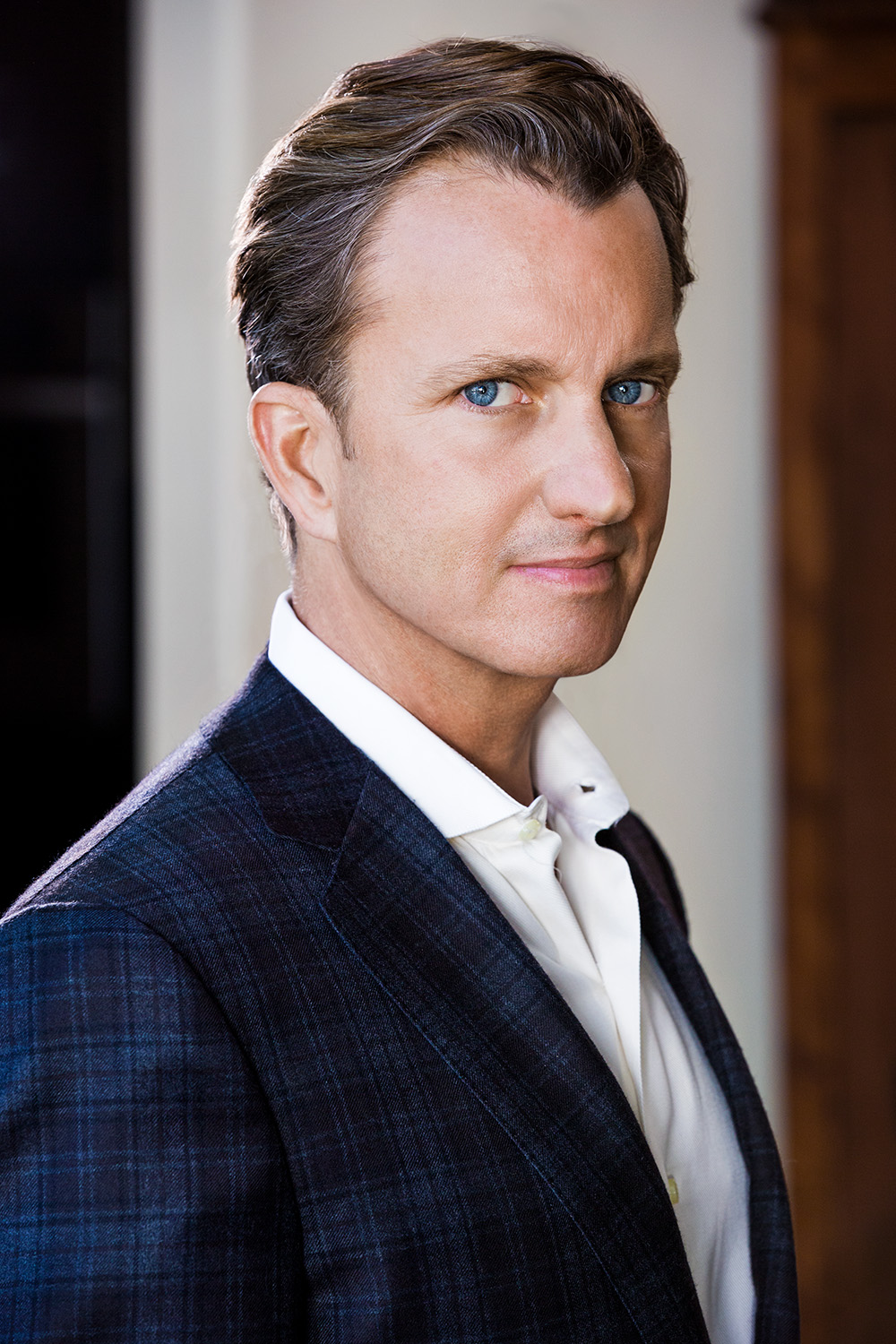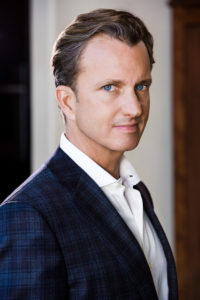
06 Sep Shrink Rap: Dr. Paul on Compassion Fatigue!
A Telluride local, Dr. Paul Hokemeyer is an internationally recognized expert on treating clinical issues at the nexus of relationships and behavioral health. (Please scroll down for more about Dr. Paul)
The second edition of Dr. Paul’s terrific book “Fragile Power” was published in 2024. Go here to read more about the first edition of “Fragile Power.”
Go here to read more of Dr. Paul’s pearls.
And scroll down to read the note we curated from his newsletter.

Dr. Paul Hokemeyer
Recently, I was riding with a friend to an event in a neighboring town.
Over the years, I have admired this gentleman as one of the humblest philanthropists in our rural community—a quiet leader who has helped hundreds of individuals and families by generously sharing his wealth with those in need.
While we were driving, a local news reporter began discussing the rise in food insecurity in our valley. Rather than focusing on the story coming over the airwaves, my friend reached down and turned the radio off.
His actions felt so incongruent with who I have known him to be that I felt compelled to ask, “Did that story bother you?”
He paused before responding, allowing my question to sink in so he could consider it fully. Finally, after taking a deep breath, he admitted, “Well, now that I think about it, yes, it did… But it’s not so much the story itself that bothers me. It’s the culmination of all the pain and chaos in which we’re living—and my inability to do anything about it.”
Rather than telling him how much he’s accomplished through his giving, I nodded in agreement. Feeling seen and heard, he continued, “I’ve been trying to help people less fortunate than me for years, but lately I feel like it’s all for naught. Truth be told, I’m exhausted… and I feel betrayed, numb, and angry.”
Once again, the only thing I could add was to acknowledge his experience.
“I bet,” I responded.
After another moment, he continued, “The world has changed radically and not for the better. The human suffering, the insensitivity, and blatant power-mongering by our leaders. I was told I could use my money to make the world a better place, but things are so messed up, there isn’t enough money in the world to fix it.”
Compassion Fatigue and Philanthropy:
The concept of compassion fatigue has historically applied to individuals in caregiving and helping professions. It refers to the emotional, physical, and relational exhaustion that results from chronic exposure to the suffering and trauma of others.
Although it is often confused with burnout, it is different. While burnout results from workplace stress, compassion fatigue comes from vicariously experiencing the pain and suffering of those for whom one cares.
People suffering from compassion fatigue become emotionally exhausted. They may experience heightened irritability and numbness to the pain and suffering around them.
Over time, this leads to a crushing sense of helplessness in the face of overwhelming events beyond their control, pushing them to withdraw from the world to protect themselves rather than engaging more deeply.
As a marriage and family therapist whose clinical work and research focus on the intersection of wealth and mental health, I am frequently called upon to help families address a host of mental health, relational, and addictive disorders.
Over the past few months, my work has become increasingly centered on the fatigue philanthropic individuals experience in their efforts to make a positive contribution to the world they feel privileged to inhabit.
These individuals desperately want to use their wealth to right the legions of wrongs they see around them, but they feel trapped beneath a cascade of suffering that seems infinite in our current world order.
What strikes me most about these clients is that they are not hard or cold people.
In contrast to common stereotypes portraying the wealthy as mean, narcissistic, or entitled, my clients are highly empathetic. They feel the pain and suffering of others intensely and personally. They recognize the privilege their wealth affords them and are driven to use it responsibly to alleviate suffering and help those in need.
While they once felt their philanthropic efforts made a difference, today they, like my friend, feel betrayed and helpless—numb to the pain of others and hopeless about their ability to affect change in a time marked by division, destruction, and the malignant use of power.
Pushing Through the Fatigue:
Over the past few months, I have learned that overcoming philanthropic compassion fatigue requires a structured and contained approach focused on self-care. Although many of my clients initially balk at this advice, most eventually come to realize its value. When they feel defeated and depleted, unsure what to do next, I advise them to focus on themselves.
Instead of chasing external goals or throwing philanthropic dollars at endless emergencies, focus your time, energy, and resources on becoming the healthiest, most healed, present, and confident version of yourself. In doing so, the path you need to pursue will become clear, and you will be equipped to re-engage in philanthropy with renewed purpose in a recalibrated world.
The following strategy has proven highly successful in empowering clients to reclaim both their personal and philanthropic agency:
- Become mindful of your body’s preciousness. Eat a balanced diet of whole, natural foods. Exercise daily, even if it’s just a 15-minute walk.
- Limit exposure to toxic media and hyper-stimulating sensory input. Avoid doom scrolling. Restrict your news intake to 10–20 minutes a day. Stop seeking comfort from the media; it’s not designed to provide it.
- Seek nourishment in nature, with pets, or among empathic people. Avoid those who drain you or make you feel anxious and defeated. Trust your instincts about who is safe or healthy to be around.
- Find a creative outlet: paint, draw, write poetry, or use your phone to capture beauty in photographs. Such pursuits refocus your attention on the abundance around us.
- Start a journal. Purchase a beautiful, blank book and spend 15 minutes each morning, before engaging with the world, filling a page with your handwritten thoughts. You’ll become the author of your life rather than a powerless character in someone else’s tragic tale.
- Accept your exhaustion. The more you resist it, the more exhausted and frustrated you’ll become. Build relationships with colleagues and friends who understand your state and don’t try to change you. You’re fatigued for a reason, and this too will change. Allow yourself time to recalibrate and recharge.
- Give time, time. Recognize that while this phase in world history is unpleasant, frustrating, infuriating, and may feel endless, it too shall pass. When it does, you’ll be ready to create the change the world needs.
Conclusion:
Compassion fatigue is not limited to those on the front lines of care. It also affects highly empathetic individuals who are deeply committed to creating a healing, hopeful, and equitable world through their philanthropy.
Addressing compassion fatigue in philanthropy requires a dynamic, multifaceted approach to self-care and community re-engagement. As the world spins in chaos, we can step back and recalibrate ourselves with the people and planet we love, taking the time needed to restore our philanthropic agency. This isn’t about giving up hope or retreating into a bubble of privilege. On the contrary, it’s about stepping away from overwhelming problems to reconnect with what nurtures us and to formulate a solid action plan—one supported by your empathy, resources, and renewed commitment to bring healing and hope to a world that so deeply needs it.
In the spirit of #MentalHealthMatters 4 everyone, everywhere.
With warm regards,
Dr. Paul
Dr. Paul, more:
Paul Hokemeyer, J.D., Ph.D. is the founding principal of Drayson Mews, an international behavioural health firm based in London and author of “FragilePower: Why Having Everything Is Never Enough,” (Hazelden, 2019), the seminal resource for UHNW and high-performance individuals looking for clinically excellent mental & relational health services.
A licensed Marriage and Family Therapist, he is a graduate of the Global Leaders in Health Care program at Harvard Medical School and studied the use of digital technologies to enhance the delivery of mental health and addiction treatment services at the Yale School of Management.
Dr. Paul serves as a clinical consultant to the London based Ispahani Advisory Limited and is a Clinical Fellow at the American Association of Marriage and Family Therapists. In addition to his legal and mental health background, Dr. Paul has extensive experience in the realm of philanthropy through his work as a trustee of a family foundation, and the Palm Springs Art Museum, one of the world’s leading institutions for midcentury design and art.


Sorry, the comment form is closed at this time.